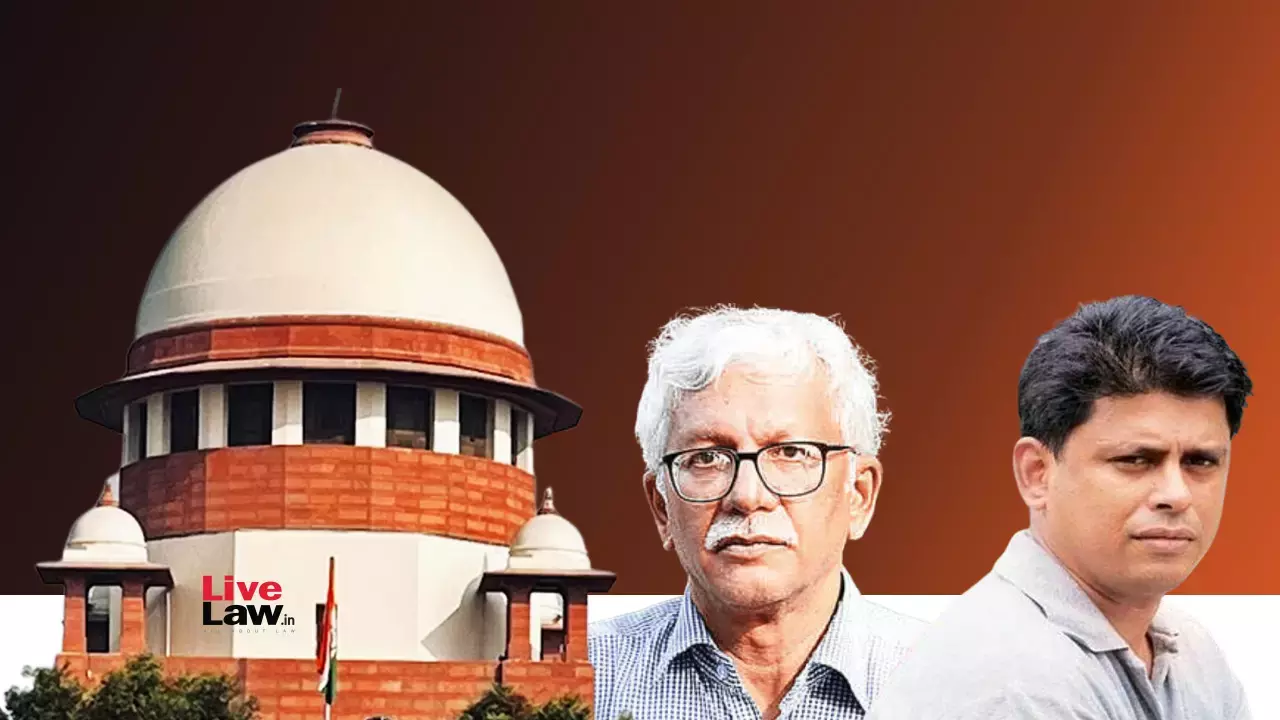Supreme Court Grants Bail To Vernon Gonsalves & Arun Ferreira In Bhima Koregaon Case
Awstika Das
28 July 2023 1:37 PM IST

Next Story
28 July 2023 1:37 PM IST
The Supreme Court on Friday granted bail to Bhima Koregaon-accused and activists Vernon Gonsalves and Arun Ferreira, both of whom have been lodged in jail since August 2018 for alleged offences under the Unlawful Activities (Prevention) Act, 1967. They were arrested in connection with the 2018 caste-based violence that broke out at Bhima Koregaon in Pune, and for having alleged links with...
